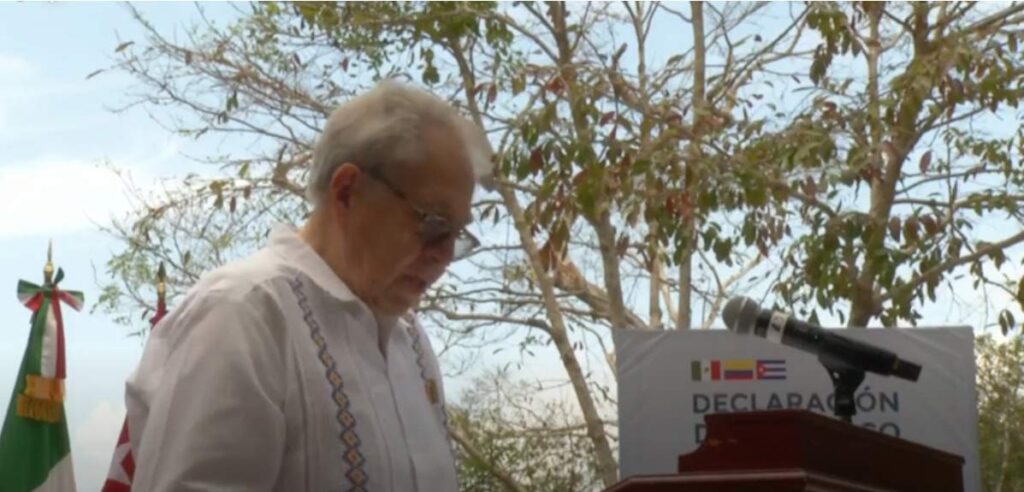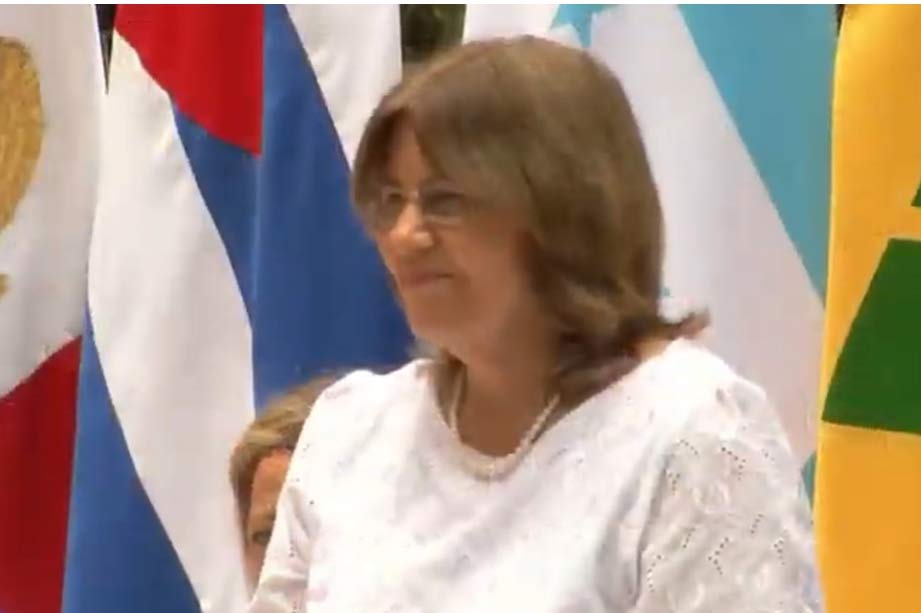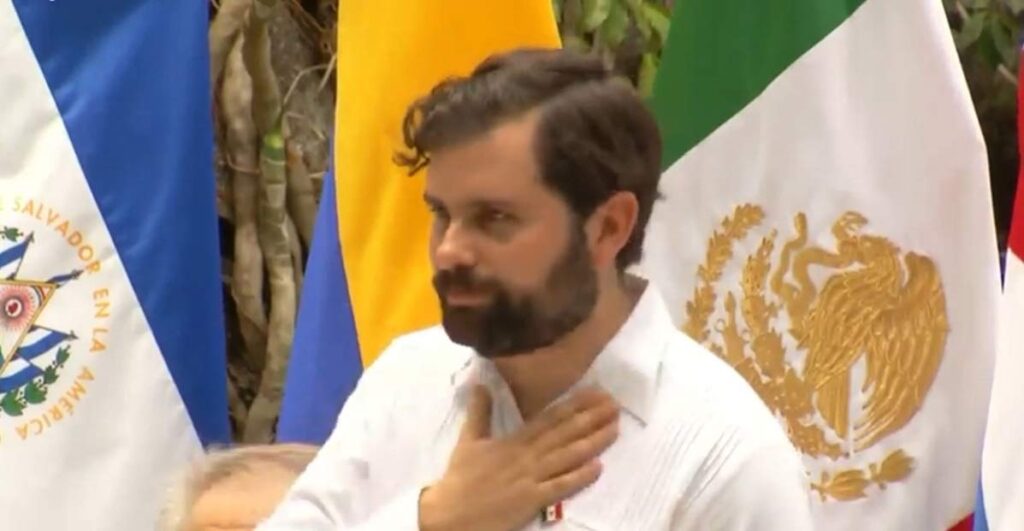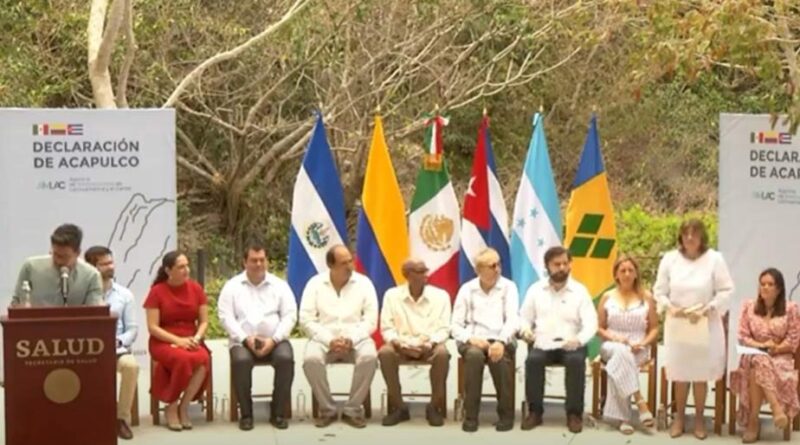Mexico, Cuba and Colombia formalize regional medicines agency (+Photos)

For Mexico, the initiators of the mechanism were represented by the head of the Federal Commission for Protection against Sanitary Risks (Cofepris), Alejandro Svarch, for Cuba, the director of the Center for Control of Medicines and Medical Equipment (Cecmec), Olga Ruiz, and Colombia , Mariela Pardo, who is in charge of the National Institute for Food and Drug Surveillance (Invima).

Also the national coordinator of the pro tempore presidency of the Community of Latin American and Caribbean States (Celac) participating in the Agency, and the Cuban ambassadors, Marcos Rodríguez, and Colombian Álvaro Moisés Ninco Daza, and other diplomats.

Dr. Alcocer presented the agency, its purposes and objectives and described it as a milestone because the region it covers does not have an infrastructure for the production of vaccines and other drugs, nor does it have authorization for the emergency use of drugs.
It also demonstrates that the idea of having a Latin American drug agency is not an unattainable dream because this is an America free to design its destiny, to meet the needs of the people, he said.
This mission of regional health self-sufficiency in our societies plagued by profound inequality is very human, he added, as is strengthening health regulation to make the right to health effective with a vision focused on families.
With the declaration of Acapulco we highlight the interest and the need to rebuild our social fabric as sister nations to guarantee the rights to health, he said.
The signing of this declaration by Colombia, Cuba and Mexico, which seeks conversations for the creation of the Latin American and Caribbean Medicines Agency, will bring us closer to health self-sufficiency and access to medical devices, he concluded.
In addition, it will allow the sharing of medical research and the transformation of offices that will contribute to self-sufficiency and pharmacological sovereignty among countries.
(Taken from Prensa Latina)

